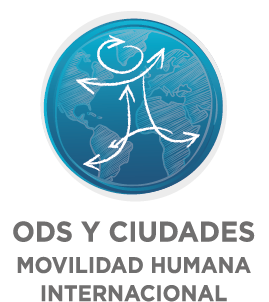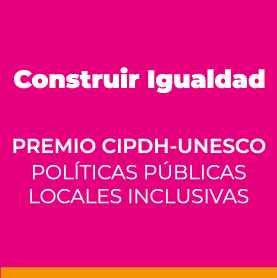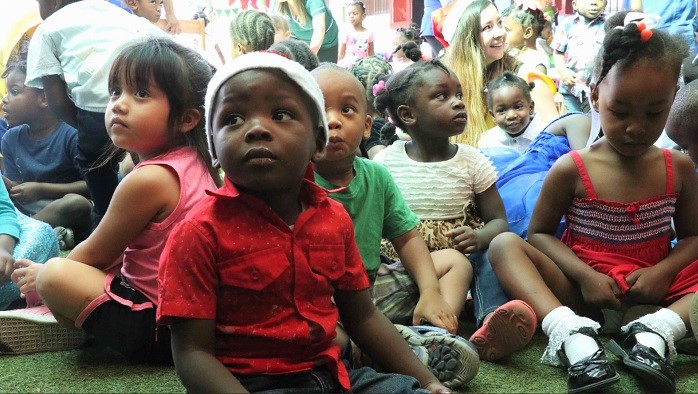
- Region
- Latin America and the Caribbean
- Range of Demographic Size
- 100,000 to 499,999 inhabitants (large intermediate)
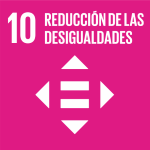
10.7 Facilitate orderly, safe, regular and responsible migration and mobility of people, including through the implementation of planned and well-managed migration policies.
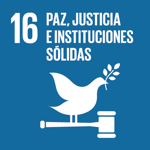
16.7 Ensure responsive, inclusive, participatory and representative decision-making at all levels.
Summary
Awareness of the educational communities is raised in order to conceptualize human mobility as a right, which is reflected in a better reception of migrant children in school communities. Also, training for the Municipal Department of Education staff is provided on the topic of migration and shelter. Actions are taken with universities interested in working on the concept of interculturality in the schools of the district.
Implementation Date:
Start: 03 / 1 / 2015
End: End: Currently in force
Public officers and public employees
(Español) Plan de Acogida y Reconocimiento de Migrantes y Refugiados de la Comuna de Quilicura
(Español) Departamento de Educación Municipal de Quilicura
(Español) Plan Anual de Educación Municipal (PADEM) 2019-2022
- Email: infodem@quilicura.cl
- Web: https://www.quilicuraeduca.cl/dem
- Telephone: (Español) 229446100 - 229446120
- Social Network:
Instrumentos

10.7 Facilitate orderly, safe, regular and responsible migration and mobility of people, including through the implementation of planned and well-managed migration policies.

16.7 Ensure responsive, inclusive, participatory and representative decision-making at all levels.
Location
- Region
- Latin America and the Caribbean
- Range of Demographic Size
- 100,000 to 499,999 inhabitants (large intermediate)
Contact details
- Email: infodem@quilicura.cl
- Web: https://www.quilicuraeduca.cl/dem
- Telephone: (Español) 229446100 - 229446120
- Social network:


